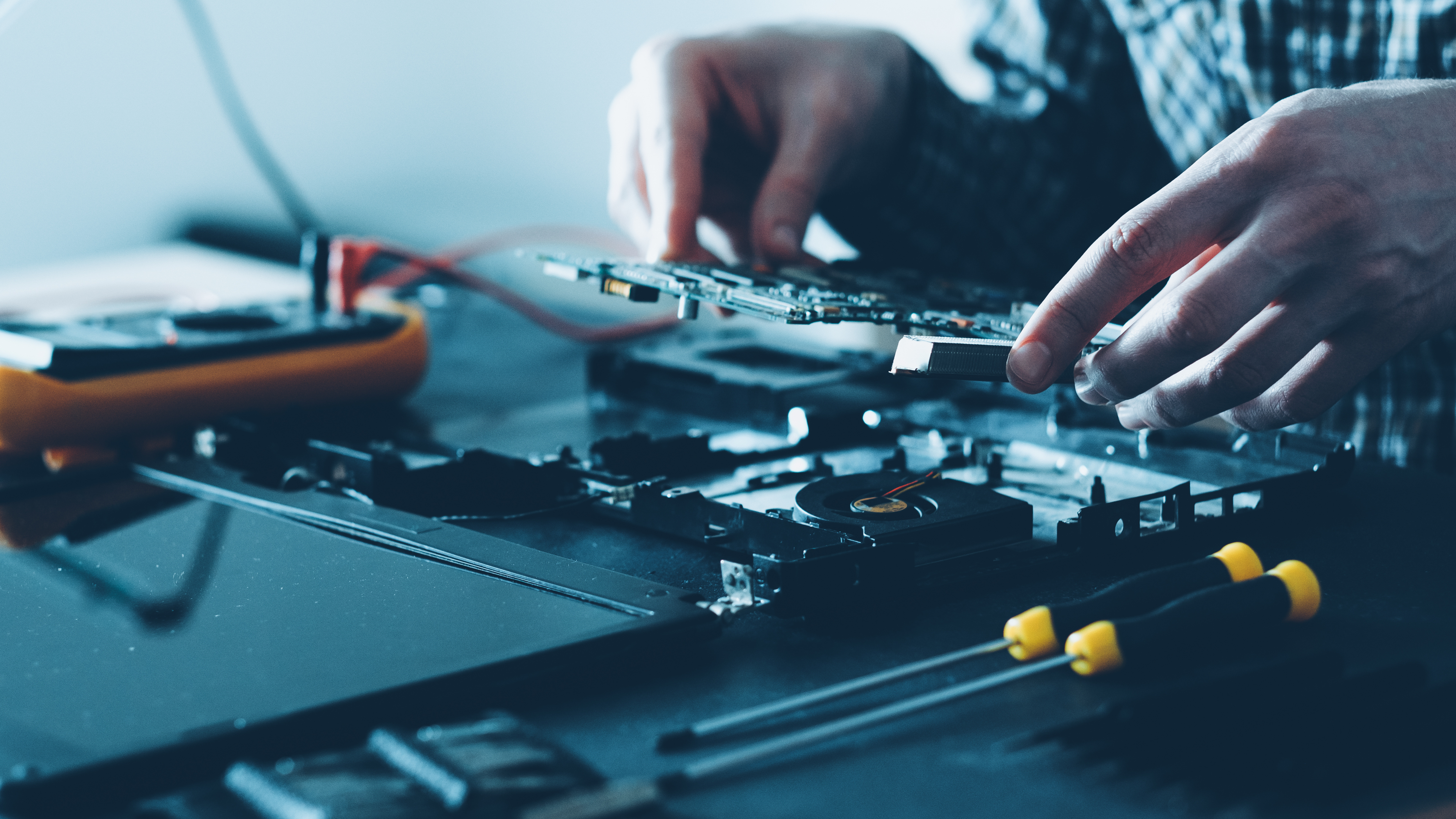Remanufacturing: How to define it and what its legal challenges are
Published on 11th November 2022
Remanufacturing – the reprocessing of products – has long been considered a niche topic. This is currently changing. More and more companies are discovering the topic of remanufacturing for themselves. For good reason, as remanufacturing offers a number of advantages – economic, but also ecological. Several legal questions arise in this context.

Remanufacturing, Refurbishing, Recycling: By no means the same
Remanufacturing is often mentioned in the same breath as recycling, reconditioning, refurbishing, retrofitting, remarketing and repair, and sometimes even used synonymously. All these terms are related to the concept of the circular economy and are – to varying degrees – closely related. However, it is worth taking a closer look here and not letting the terms blur. This is because the aforementioned processes are legally assessed differently.
What is remanufacturing? A definition:
So, what does remanufacturing mean? The term describes an industrial process by which a worn-out or no longer functional product can be rebuilt and restored. This involves disassembling, cleaning, repairing and, if necessary, replacing worn or outdated components to restore the product to a like-new condition.
In contrast to recycling, remanufacturing involves the reuse of components, not just the material. This preserves the value of the product in remanufacturing, whereas in recycling only the material value is retained. However, even this material value can suffer, as the result of recycling leads to material qualities that are often inferior to those of the original product.
Why is remanufacturing interesting?
In dealing with current crises, remanufacturing seems to offer the perfect solution to many problems: By reusing existing components, remanufacturing is largely immune to increases in energy and raw material prices. According to industry sources, savings of up to 90 percent are possible for raw materials. This makes remanufacturing economically advantageous compared to manufacturing new products.
Lower costs, more sustainability, faster production: the advantages of remanufacturing
This also brings ecological advantages, so that remanufacturing corresponds to the current trend towards more sustainability and environmental protection. This is not only due to the savings mentioned earlier in energy and raw materials.
In addition, transport routes in remanufacturing are significantly shorter, which also saves energy and costs. While new products are often manufactured in Asia and then shipped or flown to Europe, the raw products for remanufacturing tend to come from somewhere closer. Bottlenecks in global supply chains therefore also play no significant role in remanufacturing.
The speed of production is another advantage of remanufacturing. The fact that the components used in manufacturing do not have to be produced first saves valuable time. The already mentioned shorter transport routes also contribute to time savings.
For which companies is remanufacturing attractive?
Remanufacturing is interesting for many companies from very different industries: As an alternative production process, it is already mainly used in the areas of transportation (e.g., automotive, aerospace, rail transport), energy (e.g., photovoltaics, wind turbines), medical products, and manufacturing. In addition, many other areas are conceivable where remanufacturing could be considered as an option.
According to scientific forecasts, remanufacturing, particularly in industrial production, will continue to gain importance: With an EU market potential of around EUR 90 billion by 2030, remanufacturing will become an increasingly important aspect of future manufacturing.
Legal questions about remanufacturing: Regulation and liability
From a legal perspective, a number of questions arise in remanufacturing regarding product regulatory issues and manufacturer responsibility. This is especially true when the remanufacturer uses components from products of other manufacturers:
- How should product markings such as trademarks or certification marks be handled?
- Should or must the remanufacturer mark the product itself and if so, how?
- What are the consequences of such marking in terms of product liability and how does liability for products manufactured through remanufacturing stand independently of the marking?
- To what extent do other IP rights (patents, designs, etc.) play a role besides trademarks?
- Which regulations apply in the event of changes in the law – does the time of manufacture of the components or the time of remanufacturing matter?
There is currently no specific law that addresses the topic of remanufacturing. Therefore, companies must rely on general laws.
Conclusion: No specific legislation – case-by-case consideration provides legal certainty
Remanufacturers often face legal peculiarities compared to manufacturers of new products. On the one hand, they have to deal with legal questions that explicitly concern the remanufacturing process. On the other hand, the existing laws are currently designed for the manufacture of new products; they often do not seem to properly fit the topic of remanufacturing. Here, case-by-case consideration is important, for which our experts are happy to assist.




